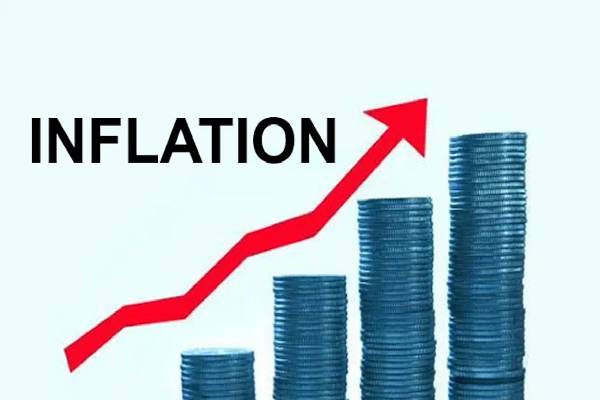Nigeria’s inflation to drop by end of 2024 – Report
Nigeria’s inflation has been projected to decline by the end of 2024 as efforts by both monetary and fiscal authorities intensify, leading financial services group, Norrenberger, has said. The Norrenberger Economic Outlook (NEO), tagged: “Nigeria: Beyond the Reforms”, which was released virtually on Thursday, also projected a GDP growth at the end of the year […]

Nigeria’s inflation has been projected to decline by the end of 2024 as efforts by both monetary and fiscal authorities intensify, leading financial services group, Norrenberger, has said.
The Norrenberger Economic Outlook (NEO), tagged: “Nigeria: Beyond the Reforms”, which was released virtually on Thursday, also projected a GDP growth at the end of the year to be 3.1 per cent.
Presenting the report, Business Head, Norrenberger Assets Management, Pabina Yinkere, said, “Inflation continues to be a major headache for the country and has built up primarily from COVID-19, Russia-Ukraine war, infrastructure deficit, high energy cost, uneven purchasing power and fuel subsidy removal.
Yinkere said, “Subsequently, we have projected that inflation will moderate at 32.26 per cent at the end of the year while GDP growth is projected to moderate at 3.1 per cent.”
- CAC to delist dormant companies in 90 days
- Diaspora remittances: FG to issue $500m security in August
Also, at worst-case scenario, the exchange rate will be N2,000 to $1 while at best-case scenario N1,100 to $1.
On the drivers of the assumptions, the report noted that the worst-case scenario will be facilitated by “increased global tensions, further increase in electricity tariff, fall in crude oil production below 1.2mbpd, as well as Dovish CBN policy,” while the best-case scenario will be facilitated if, “Oil production surpasses 1.5mbpd and Dangote Refinery comes fully into play as it will boost supply and improve economic activities.”
The report further noted that the largest contributors to the economy were the ones most badly hit by exchange rate instability and interest rate hike.
The CEO of Norrenberger, Tony Edeh, noted that the outlook released was merged with a panel session of seasoned financial experts to share perspectives and current challenges with a view to providing clear recommendations on economic growth and development.
